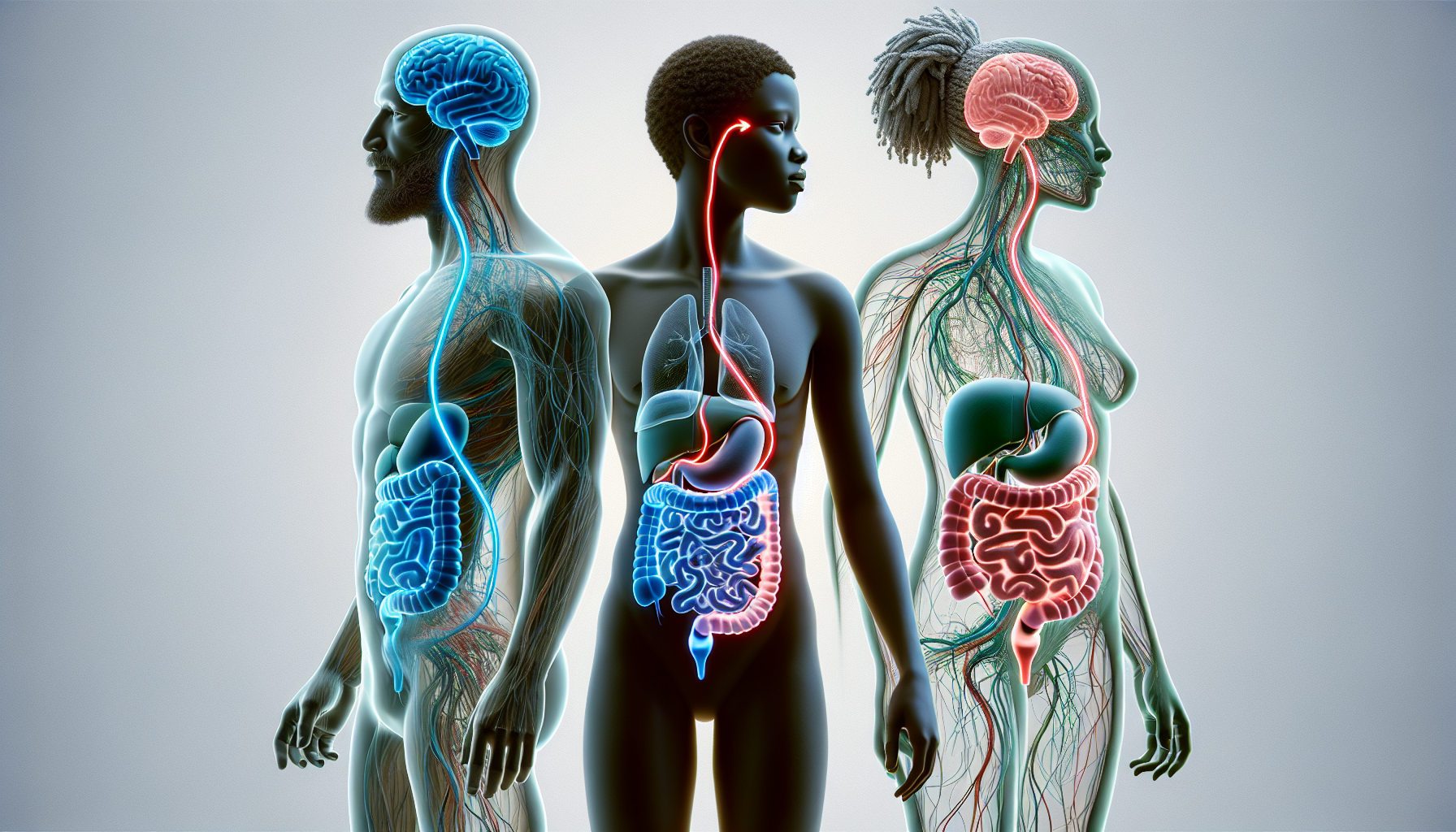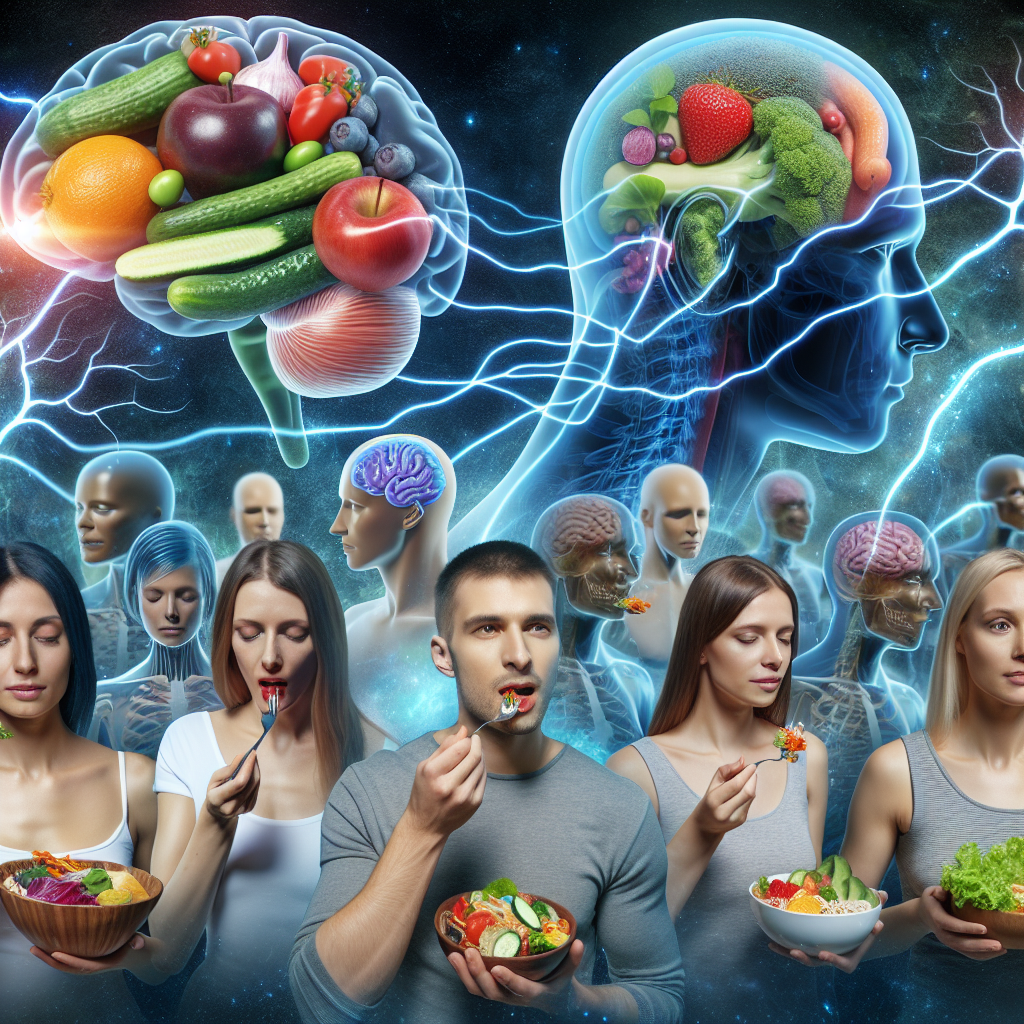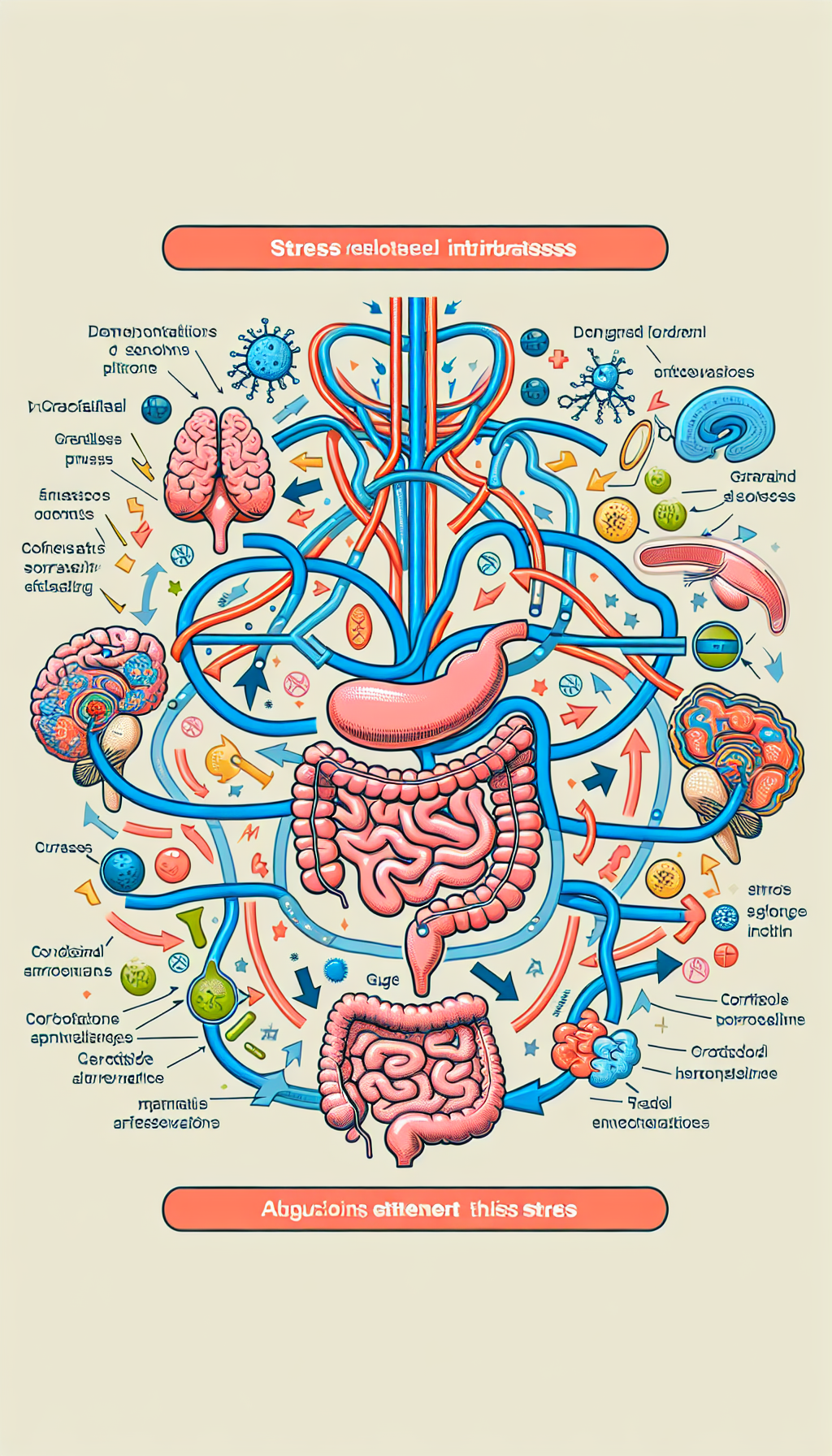The intricate relationship between the mental state and physical health has been a subject of fascination and study for centuries. In recent years, the spotlight has turned to the brain-gut axis, a complex communication network linking emotional and cognitive centers of the brain with peripheral intestinal functions. This axis suggests that our mental well-being is deeply interconnected with the state of our digestive system. Understanding this relationship is crucial for developing comprehensive strategies for mental health care and overall wellness.
The Brain-Gut Connection
The human gut is lined with a vast number of neurons, so much so that it’s often referred to as the "second brain." This enteric nervous system is connected to the brain through the central nervous system, particularly the vagus nerve, which plays a critical role in transmitting signals in both directions. The brain-gut axis involves hormonal, neural, and immunological signaling pathways, all of which contribute to the state of our mental health.
Recent studies have shown that the gut microbiota has a significant impact on brain function and behavior. The trillions of microbes residing in our intestines can produce neurotransmitters like serotonin and dopamine, which are crucial for mood regulation and cognitive functions. Imbalances in the gut microbiota have been associated with a range of mental health issues, including anxiety, depression, and even autism spectrum disorders.
For those looking to delve deeper into the importance of maintaining brain health, Avix Health’s dedicated section on Brain Health provides a wealth of information and resources.
Nutrition’s Role in the Brain-Gut Axis
The types of food we consume can directly influence the makeup of our gut microbiota, which in turn, affects our mental health. Diets high in fiber, such as fruits, vegetables, and whole grains, promote the growth of beneficial bacteria. On the other hand, diets rich in processed foods and sugars can contribute to dysbiosis, an imbalance of gut bacteria, potentially leading to increased permeability of the gut lining, often referred to as "leakage," which can activate the immune response and lead to inflammation.
Incorporating antioxidant-rich foods into our diet is another way to support the brain-gut axis. Antioxidants help in reducing oxidative stress and inflammation, which are known to adversely affect brain function. The role of antioxidant-rich foods in brain aging prevention is critical and provides a pathway to maintaining cognitive health as we age.
Exercise and the Brain-Gut Axis
Physical activity is also a powerful modulator of the brain-gut axis. Regular exercise can alter the composition of the gut microbiota, increasing the abundance of beneficial microbial species, reducing inflammation, and improving the integrity of the gut barrier. Moreover, exercise-induced endorphins can enhance mood and cognitive function, providing a dual benefit for the brain-gut axis.
For a deeper understanding of the connection between physical activity and mental clarity, the article on how physical exercise promotes mental clarity and focus can be a valuable resource.
Stress, Mental Health, and the Gut
Chronic stress is a well-known factor that can negatively impact gut health by altering gut permeability and changing the composition of the microbiota. This, in turn, can affect the brain and lead to or exacerbate mental health problems. Strategies to manage stress, such as mindfulness and meditation, not only help in reducing stress itself but also in maintaining a healthy gut microbiota composition.
Exploring the benefits of mindfulness, Improving Memory Retention Through Mindful Meditation offers insights into how such practices can enhance cognitive function and, by extension, influence the brain-gut axis.
External Resources for Further Reading
To explore the nuances of the brain-gut axis further, here are some niche and specific resources:
- An in-depth review on the impact of the gut microbiota on brain and behavior provides a comprehensive understanding of the underlying mechanisms of the brain-gut axis.
- The International Society for Microbial Ecology (ISME) hosts a plethora of research articles and insights into the latest discoveries related to microbiota and its effects on human health.
- A detailed article on neurotransmitter production and the influence of gut bacteria can offer a deeper scientific perspective on the topic.
- The Gut Microbiota for Health platform offers expert commentary and the latest research findings on the role of gut microbiota in health and disease.
Conclusion
The brain-gut axis represents a paradigm shift in understanding the bidirectional relationship between mental health and digestive function. By recognizing the influence of diet, exercise, and stress management on this intricate communication network, individuals can take proactive steps to improve both their mental and physical well-being. As research continues to unveil the complexities of this relationship, it becomes increasingly clear that a holistic approach to health is necessary to foster resilience against the challenges of modern life. Through balanced nutrition, regular physical activity, and stress-reduction techniques, we can harness the power of the brain-gut axis to enhance our overall health and protect against mental health disorders.



